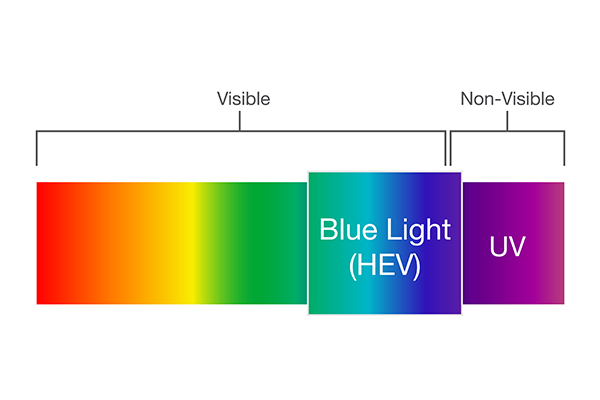
Measurement of Non-Laser Optical Radiation Safety at Work
General Requirements
The European Directive 2006/25/EC [1] lays down minimum requirements for the protection of the health and safety of workers from the risks related to artificial optical radiation. It is implemented in law by all member states and covers exposure of skin and eyes to ultraviolet, visible and infrared (to 3000nm) radiation, both from coherent (laser) and non-coherent (non-laser) light sources. The exposure limit values in the directive are based on the work of the International Commission on Non-Ionizing Radiation Protection (ICNIRP) [2].
The methodology for determining exposure levels to laser radiation follows the well-established IEC 60825 [3] standard whereas for non-laser radiation the CIE/CEN standards in the form of EN 62471:2008 [4] is applicable.
Hazards relating to skin and the front surface of the eye require the measurement of irradiance whereas hazards to the eye itself require the measurement of radiance. EN 62471:2008 considers the following six hazards with respect to exposure over a period of up to eight hours:
| Hazard | Wavelength range | Bioeffect | |
| Eye | Skin | ||
| Actinic UV | (200 – 400)nm (*) | Cornea – photokeratitis Lens – cataractogenisis Conjunctiva – conjunctivitis | Erythema Elastosis |
| Near UV | (315 – 400)nm | Lens – cataractogenisis |
|
| Blue light | (300 – 700)nm (*) | Retina – photoretinitis |
|
| Retinal thermal | (380 – 1400)nm (*) | Retina – retinal burn |
|
| IR radiation eye | (780 – 3000)nm | Cornea – cornea burn |
|
| Thermal skin | (380 – 3000)nm |
| Skin burn |
| (*) Action spectra weighting applied | |||
Photobiological hazards considered in IEC EN 62471 and EU Directive 2006/25/EC
It should be noted that there are some minor differences between EN 62471:2008 and the limits in IEC 62471:2006 [5] with respect to blue light small source and retinal thermal weak stimulus limits that result from revisions in ICNIRP guidelines.
The X1-3 Hazard Optometer facilitates the measurement of all UV and blue light hazards within the scope of EN 62471. The XD-45-HUV hazard detector measures actinic UV and near UV irradiances and the XD-45-HB blue light hazard detector measures blue light weighted radiance within the required fields of view. With the stray light corrected BTS2048-UV spectroradiometer spectral measurements can be performed, see our scientific publication showing such sophisticated measurements using an array spectroradiometer.
References
[1] Directive 2006/25/EC - artificial optical radiation
[2] International Commission on Non-Ionizing Radiation Protection Guidelines
[3] IEC 60825-1:2014 Safety of laser products - Part 1: Equipment classification and requirements
[4] EN 62471:2008 Photobiological safety of lamps and lamp systems
[5] IEC 62471:2006 Photobiological safety of lamps and lamp systems
[6] EN 14255 Parts 1 and 2: Measurement and assessment of personal exposures to incoherent optical radiation